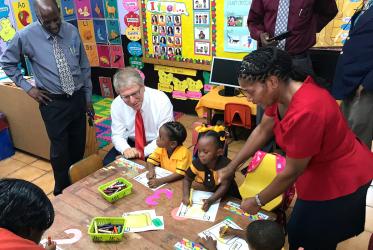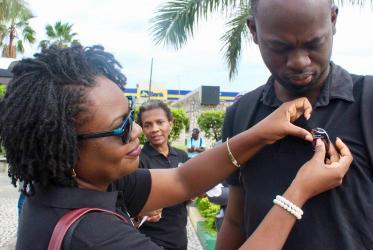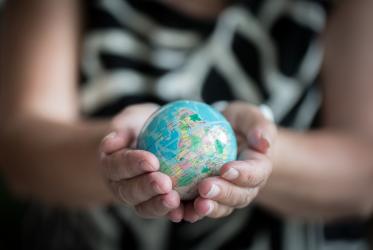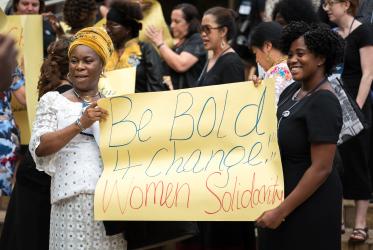Displaying 1 - 11 of 11
Workshop in Jamaica focuses on human rights
16 May 2019
Jamaica vantage point for Caribbean ecumenism
05 October 2018
Linette Vassel: “We need to examine power more deeply as women”
03 October 2018
A safe space for sinners to change and for pain to be shared
03 August 2017








